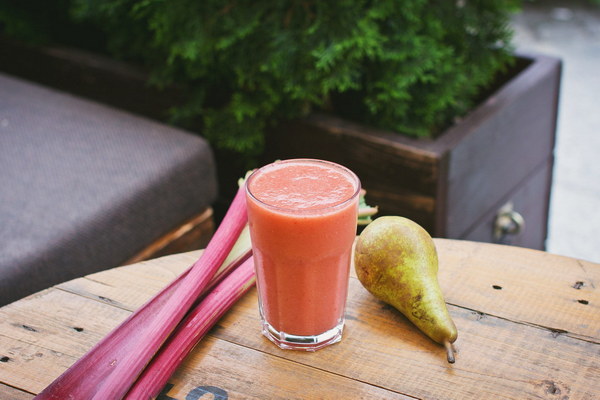The Impact of Night-Oil Remedies Do They Really Help Counteract Late-Night Deprivation
In the fast-paced world we live in, it's not uncommon for individuals to find themselves staying up late into the night, whether it's for work, study, or leisure. This pattern of late-night activities often leads to a sense of fatigue and the need for rejuvenation. Enter the night-oil remedies, a popular trend in the wellness community, which promises to replenish the body after a night of missed sleep. But do these remedies actually work? Let's delve into the topic to find out.
The Concept of Night-Oil Remedies
Night-oil remedies typically consist of herbal extracts, vitamins, and minerals that are believed to boost energy levels, improve skin health, and enhance overall well-being after a night of staying awake. Advocates of these remedies claim that they can help counteract the negative effects of sleep deprivation, such as cognitive decline, mood disturbances, and weakened immune function.
The Science Behind the Claims
From a scientific standpoint, the claims made by night-oil remedies are not entirely unfounded. Many of the ingredients found in these products, such as ginkgo biloba, caffeine, and B vitamins, have been studied for their potential effects on cognitive function and energy levels. For example:
- Ginkgo biloba: This herb is often cited for its ability to improve blood flow to the brain, which could theoretically enhance cognitive function and energy levels.
- Caffeine: A well-known stimulant, caffeine can increase alertness and energy, making it a popular ingredient in energy drinks and certain night-oil remedies.
- B vitamins: These vitamins are essential for energy production, and deficiencies can lead to fatigue and decreased cognitive function.
However, it's important to note that the effectiveness of these ingredients can vary from person to person, and more research is needed to establish their efficacy in the context of night-oil remedies.
The Debate Over Effectiveness

Despite the potential benefits of certain ingredients, the overall effectiveness of night-oil remedies remains a subject of debate. Critics argue that the combination of ingredients in these products may not be as potent as the sum of its parts, and that the body might not respond well to a cocktail of different substances, especially when it's already dealing with the stress of sleep deprivation.
Furthermore, some ingredients found in night-oil remedies can have adverse effects, such as increased heart rate, anxiety, and insomnia, which could exacerbate the negative consequences of staying up late.
Alternative Approaches
Instead of relying on night-oil remedies, individuals looking to counteract the effects of late-night deprivation might consider the following alternatives:
- Adequate Rest: The most effective way to counteract sleep deprivation is, of course, to get enough sleep. If that's not possible, taking short naps (power naps) can help recharge the body and mind.
- Healthy Diet: Consuming a balanced diet rich in nutrients can help support the body's energy levels and cognitive function.
- Stress Management: Techniques such as meditation, deep breathing exercises, and mindfulness can help manage the stress associated with late-night activities.
Conclusion
While night-oil remedies may offer some benefits to those who have missed out on sleep, their effectiveness is not guaranteed and may vary from person to person. It's important to approach these remedies with caution and consider more holistic approaches to energy and well-being. Ultimately, the best way to counteract the negative effects of staying up late is through good sleep hygiene and a healthy lifestyle.









